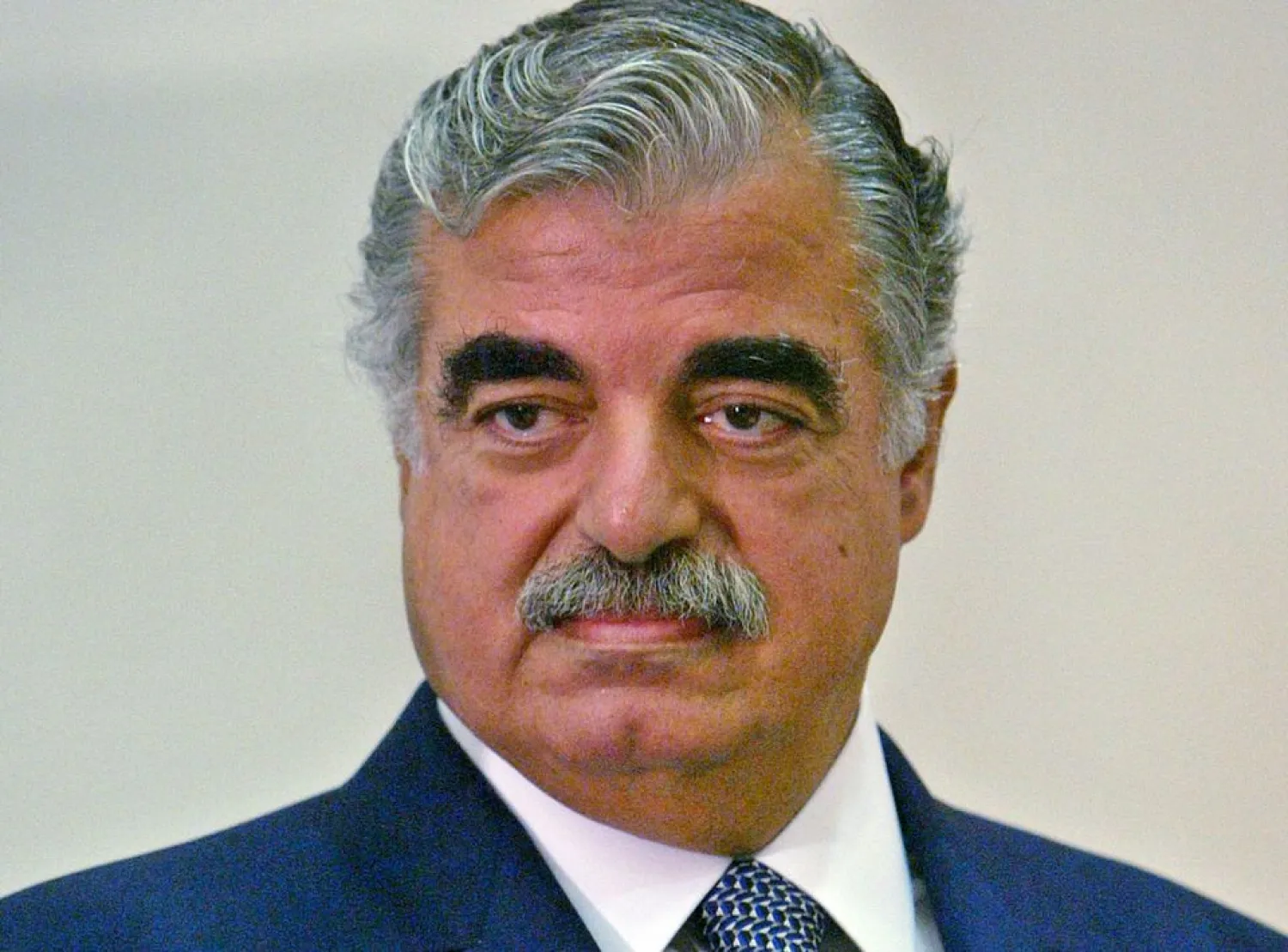Prosecutors at the Special Tribunal for Lebanon seeking to overturn the acquittal of two men over the 2005 assassination of Lebanese former prime minister Rafik Hariri said on Monday there had been "fundamental errors" in the judgment.
They said judges of the lower chamber had not properly assessed circumstantial evidence in the case, which was based almost entirely on mobile phone records, when they acquitted Hassan Habib Merhi and Hussein Hassan Oneissi last year.
"It is this incorrect approach to assessing the evidence which infects the judgment as a whole and is fundamental in understanding how, in the prosecution's submission, the judgment went wrong," Reuters quoted prosecutor Norman Farrell as saying.
The lower trial chamber last year did convict a former member of Hezbollah, Salim Jamil Ayyash, for the bombing that killed Hariri and 21 others.
All suspects were tried in absentia and remain at large. Prosecutors are now seeking the conviction on appeal of Merhi and Oneissi.
Lawyers for Ayyash have also tried to appeal his conviction but appeals judges in April said there were was no legal framework to allow a defense appeal for somebody tried in absentia. Ayyash would be able to lodge an appeal or demand a retrial if he ever handed himself in, they said.
The hearing on the appeal lodged by the prosecution is scheduled to last five days. A judgment will follow later.









